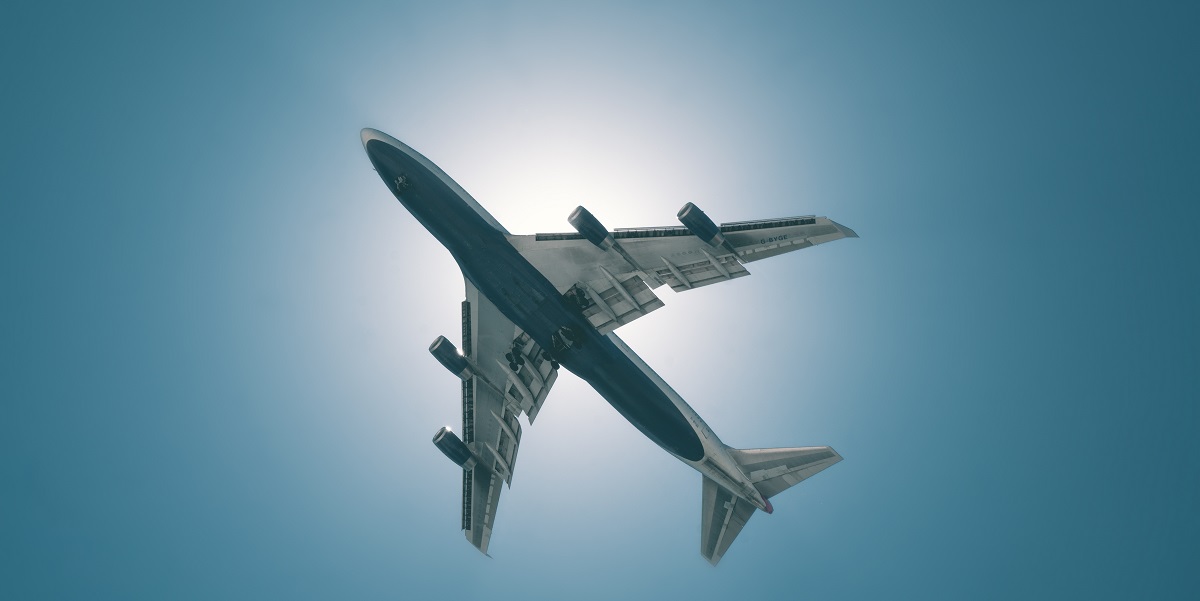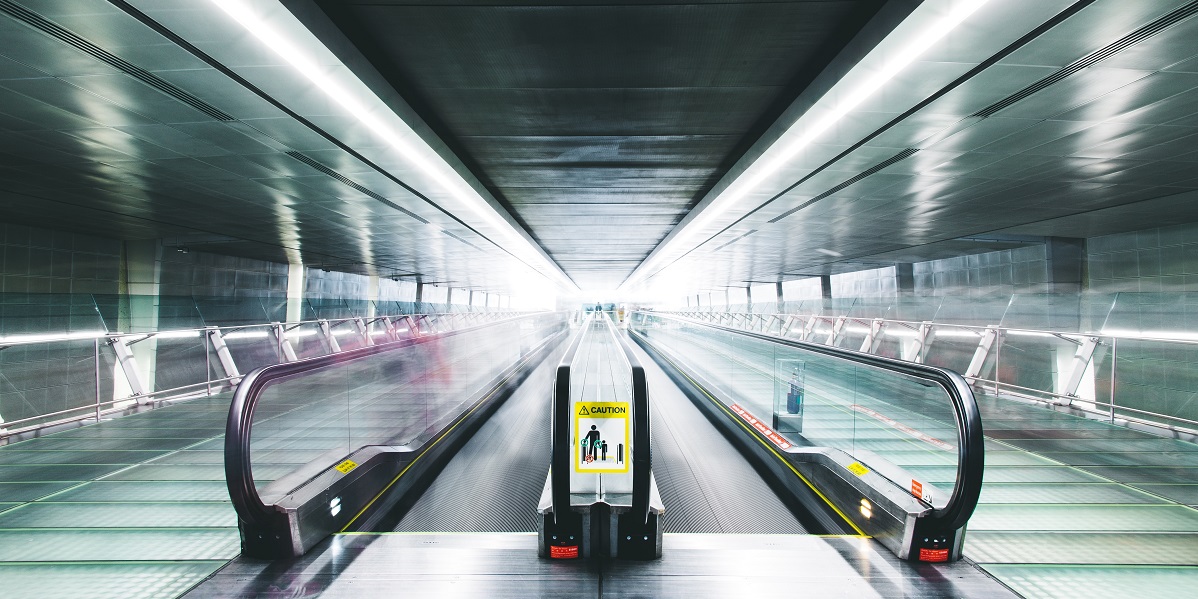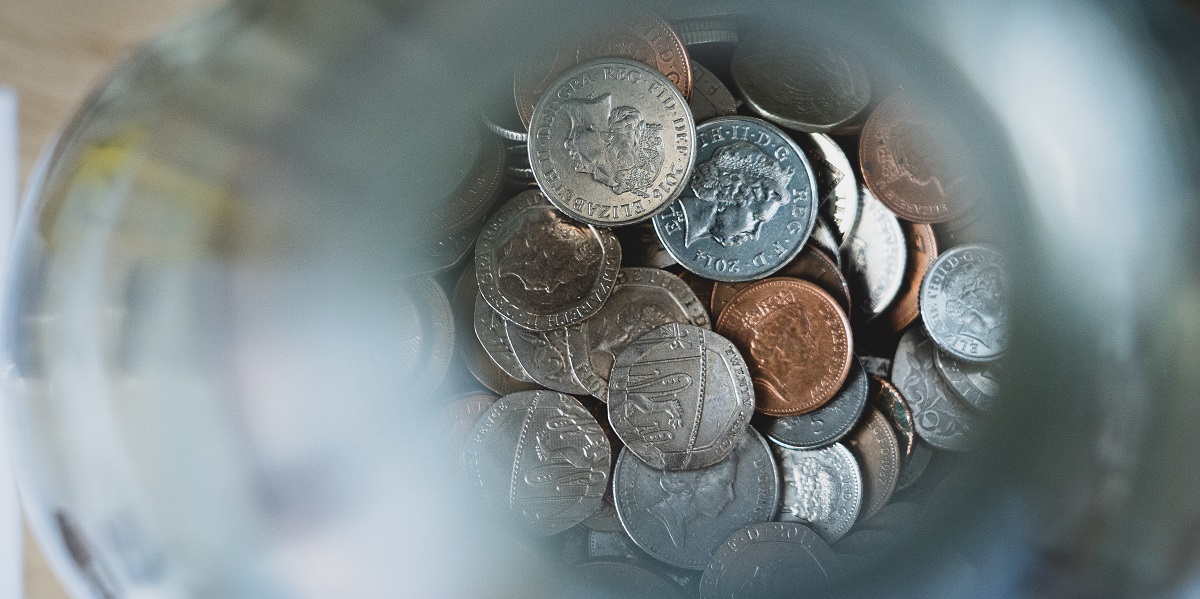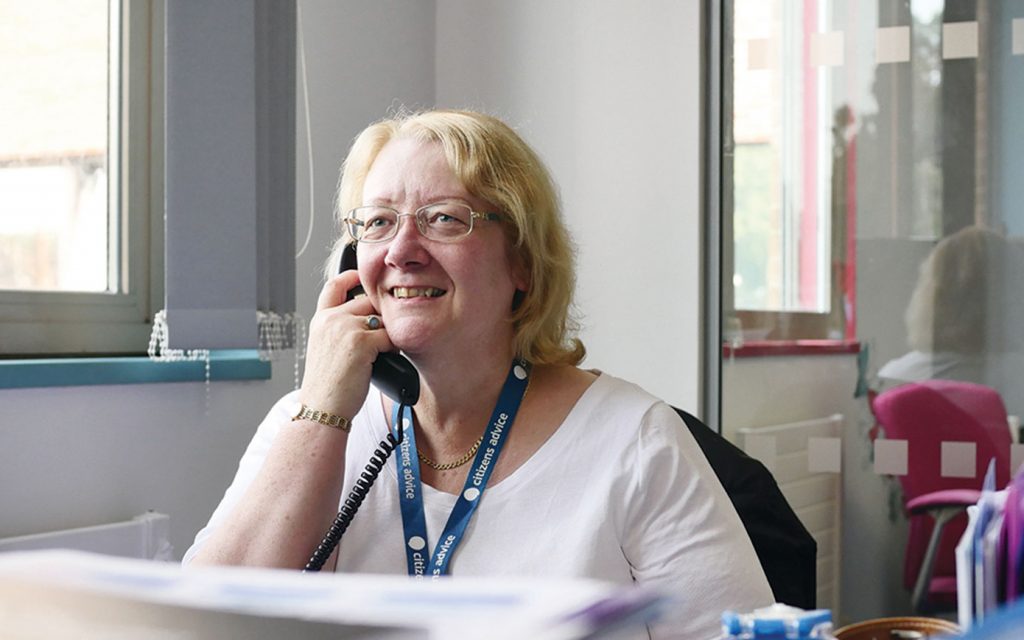Travelling with a brain tumour
Travelling with a brain tumour can be complicated. But, it is still possible for some people. Here we look at some of the questions you might have and the support that’s available.
You might still want to travel after being diagnosed with a brain tumour. But, sadly, it can affect your ability to travel abroad.
This might be because of your treatments and medications, the effects of the tumour itself or the cost of travel insurance.
But, if you want to travel, it might be possible. There are just a few questions to ask before travelling with a brain tumour.
Since Brexit, travelling on a British passport is slightly different. So, before booking, check out the government advice for visiting the EU, Switzerland, Norway, Iceland or Liechtenstein.
Get support
Experiencing cognition and learning difficulties can be worrying. We completely understand this. So, if you want more information or just want to talk to someone about it, our Support Team is here to help.
Expert benefits and money advice clinic
In total the clinic has supported people to the amount of £4,353,428 since it started in 2016, supporting over 1100 people.
Travel insurance with a brain tumour
Travel insurance might be affected by a brain tumour diagnosis.

Can I fly with a brain tumour?
It’s strongly advised that you get your doctor’s advice on whether they believe you’re fit to fly before booking any travel arrangements.
You doctor will be able to tell you whether it’s a good idea or not. This will be based on your condition, your treatment progress, and other things specific to you.
Different airlines might also have different rules. So, it’s a good idea to talk to both your travel consultant and your airline before booking. Many airlines have a medical department that you can talk to.
After surgery
The Civil Aviation Authority (CAA), which is responsible for air travel safety, has advice on travelling after surgery. It says that neurosurgery can leave gas (air) in the skull, which might expand at altitude. Because of this, the CAA recommends that you avoid air travel for about 7 days after this type of surgery.
Cancer Research UK also advises that it can take up to 10 days for the air to dissolve away.
To be sure that you are fit to fly, it’s best to be assessed by a doctor with aviation medicine experience.
If your doctor isn’t sure, they can contact the Aviation Health Unit of the CAA for specific advice. That’s if the query isn’t covered in the CAA website guidance.

Struggling to find travel insurance?
Learn more about how a brain tumour diagnosis can affect the price and availability of travel insurance.

Can I take my medications abroad?
Can I fly with medication?
If you have a brain tumour you might have to carry certain medical supplies with you. If you don’t need them during the flight, you can put them in your hold luggage.
When flying, make sure you have enough medication for the flight and a few days extra in your hand luggage. This will mean you won’t run out, just in case your hold luggage doesn’t arrive with you.
You are allowed to carry up to 100 ml of liquid per container. If your medications are in liquid form and the amount you need is more than this, you may still be allowed to carry them in your hand luggage.
Contact your airline before your trip to let them know you’ll be carrying extra liquids. At the same time, check if they have any special requirements. You should also check any additional requirements at the airports you’re flying from and to. This information is usually found on an airport’s website.
The CAA guidance for carrying any medications says you should get, and take with you, a medical certificate from your GP or hospital:
- if you’re travelling with large amounts of medication or hypodermic needles.
- when carrying more than 100ml of medicine in liquid or gel form through security.
You might need to show this certificate. Be aware that for liquids, you might also be asked to taste the medicine.
If your medicine contains a controlled drug you’ll also need to prove it’s prescribed to you. Ask your doctor or pharmacist if you are unsure whether your medication contains a controlled substance. You can also check the contents on the packaging and search for them on the controlled drugs list.

How to travel with medication internationally
Many countries have different regulations about what medications they will allow into their country. So, it’s a good idea to check with the embassy or high commission of the country you’re travelling to. This is also important if you’re taking any alternative medicines.
Also, airlines travelling to certain countries may be aware of these restrictions and not allow some medications on the plane. It never hurts to check with the airline you’re flying with.
You should be aware that for some countries, the having some medications in your bloodstream when you get these can count as “possession”.
If you’re being treated with medications on a country’s “banned” list, you should speak to your doctor about a change of medication, or change where you’re going.
If you do take this kind of medication with you, it’s best to make sure it’s in its original packaging and has a pharmacy label attached. This shows it’s genuine medication. It will also have a list of the medication’s ingredients and a batch number that can be checked and traced to the company that made it.
A letter from your doctor stating that you need this medication can help. Also, you should only take as much as you need while you’re away.
By joining one of our our Online Support Communities, you can get more tips about living with or beyond a brain tumour diagnosis from people who truly understand what you’re going through.

Can I get special assistance when travelling with a brain tumour?
Yes, you can get help when travelling at many airports and with many airlines when you are travelling with a brain tumour. This help is called special assistance.
The Civil Aviation Authority (CAA) has a lot of useful information about special assistance, including details of the services provided by UK airports and all the main airlines that fly from the UK.
What is special assistance?
Special assistance is additional support that’s available when you arrive at an airport and can include:
- moving through the departure airport
- boarding the aircraft
- during the flight
- getting off the aircraft
- transferring between flights
- moving through the destination airport.
Can I get special assistance?
While many people are aware that special assistance is available to those with a mobility issue, for example being in a wheelchair, it’s also available to those who have:
- other physical disabilities, e.g. blindness or deafness
- difficulty with communication or social interaction
- hidden disabilities, such as fatigue or not being able to walk long distances.
How much does special assistance cost?

Within the EU (European Union)
Special assistance is a legal right and is provided by the airports and airlines for free, when:
- you fly on any airline from an EU airport
- you fly on an EU registered airline to an EU airport.
The Government have said that passenger rights will not be affected by Brexit and people will still be entitled to the same assistance.
Outside the EU
Similar assistance is available in other countries, including the United States. However, there are many parts of the world where such assistance may require a fee or not be available at all. You should check with the airline you’re flying with for more information.

Expert benefits & money advice
Last year our free Benefits and Money Clinic helped 178 members of our community claim over £450,000!
How do I request special assistance?
You can request special assistance from your travel agent or airline when making your booking. Many airlines allow you to do this online.
If you’ve already booked your flight, contact the airline directly to arrange assistance. This can sometimes be done online. It’s best to let the airline know at least 48 hours before you fly, though 72 hours is better.
They’ll take all the necessary information from you regarding the assistance you need and inform the relevant organisations. Airports are responsible for providing assistance within the airport and your airline is responsible when you’re on the plane.
You can also request special assistance when you arrive at the airport, either by finding the special assistance help points or asking at the airline check-in area. They’ll try to help you as best they can, but they’ll give priority to those who have pre-booked.
Hidden disabilities or difficulties
Often, disabilities or difficulties caused by brain tumours are hidden. If you do not want to share details about them, you can pick up a special lanyard or wristband from the special assistance help points on your arrival at the airport – these can also be requested at least four working days before you travel.
If you’re wearing one of these lanyards or wristbands, airport and airline staff will recognise that you might need some extra help or time. Contact your airline or airport for more information.

Eurostar
If you’re travelling on the Eurostar with a disability or reduced mobility, free special assistance is there to help you get to and from the train.
Support and Information Services
Research & Clinical Trials Information
You can also join our active online community.
In this section

Get support
If you need someone to talk to or advice on where to get help, our Support and Information team is available by phone, email or live-chat.

Share your experiences and help create change
By taking part in our Improving Brain Tumour Care surveys and sharing your experiences, you can help us improve treatment and care for everyone affected by a brain tumour.
Recommended reading

Visit our Christmas shop
Give the gift of hope this Christmas by buying from our Christmas shop. 100% of the profit from each purchase goes to our cause.